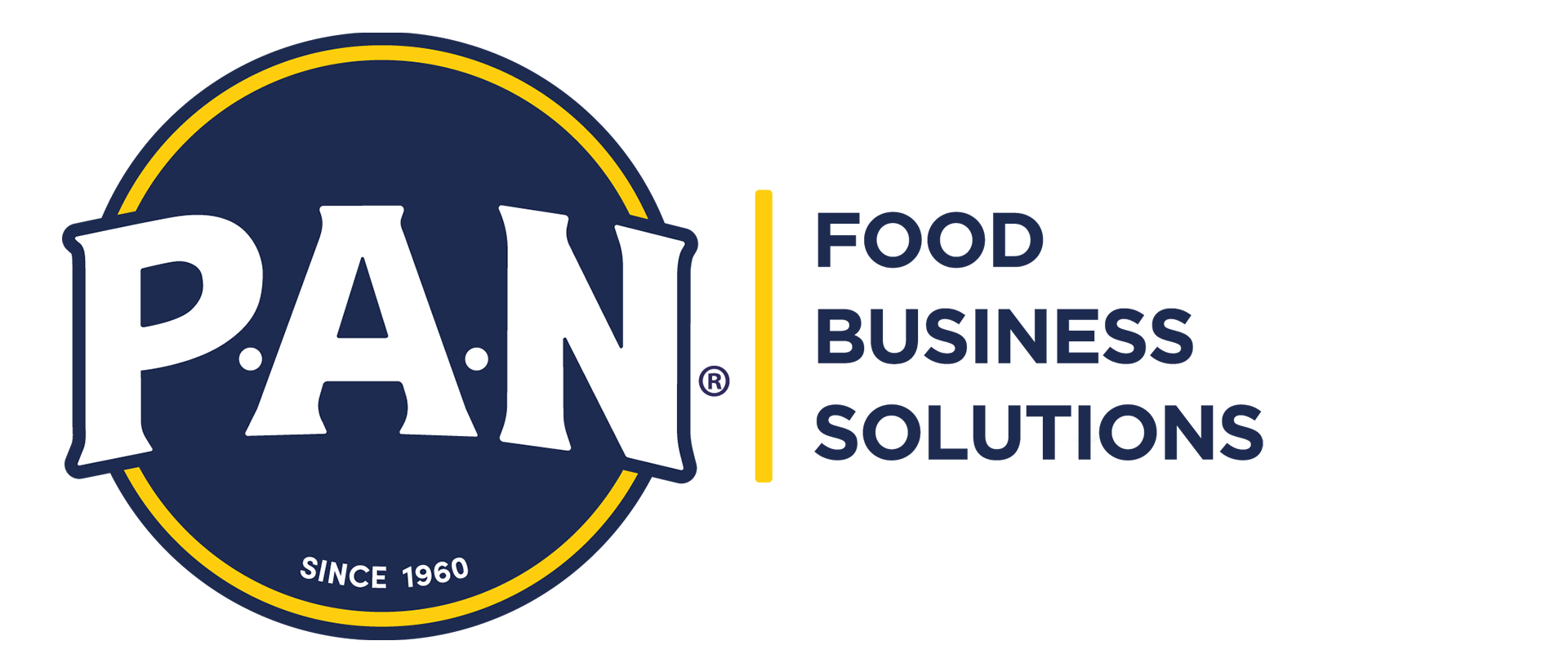The values of a company are the soul that drives, motivates and directs the internal behavior of each organization. It comprises the ethical, moral and professional principles associated with the company’s mission and vision. These can be seen, for example, in customer service, social responsibility, or the management of labor relations with its employees.
It is important to define them when starting a business; putting them into practice can determine the success of the goals, growth and image of the company. This article will serve as a guide to define the values that will be useful to your food business. Are you ready? Let’s get started!
How to set the values of your restaurant?
Organizational values represent the vision of restaurateurs, their way of leading and doing things in the company. Answering the following questions can help you set yours:
What principles are important to select? Remember that the business will largely be a reflection of your identity as a person. To define the values of the establishment, first determine those that are fundamental to you.
Who is the food service aimed at? There must be a correspondence between the goals you want to achieve in the restaurant and the values you choose to have. Customers, partners and staff must perceive and identify with the principles you will apply to your brand.
How many values are enough? It is advisable to use strictly the necessary number of values. Depending on the restauranteur, the number to be used is between four and six values.
Examples of values you can set:

- Quality: this virtue implies offering impeccable service to the diner, both inside and outside the establishment; it is about providing a menu elaborated with the best ingredients.
- Customer satisfaction: more than a service, the idea is to provide a unique customer experience. This has great benefits for the business, because a happy customer will probably choose your restaurant again and will recommend it to their friends.

- Teamwork: each employee must be in the right position, performing the right functions according to their abilities. To have a staff committed to the philosophy of your company, it is necessary to maintain a policy of training and motivation, and to have excellent work areas where a harmonious organizational climate reigns.
- Innovation: in addition to technological advances, it also involves using creativity to develop new combinations of dishes or propose better solutions to the problems of diners. Gastronomy is constantly evolving; for this reason, as a restaurateur, you must be aware of trends in the tastes and preferences of your clients.

- Sustainability: allows the restaurant to stand out in the community of users, by using natural resources without harming the environment. It is not only about preparing healthy dishes; it is also the process of preferring the use of local raw materials, produced with techniques that preserve the environment.
- Quality of life: people’s perception of the restaurant is positive when the establishment is interested in the health and well-being of those who consume. This type of action creates a community identified with the values.
- Efficiency: consists of obtaining the best results with the use of available resources.

- Social responsibility: includes the set of actions to establish a harmonious relationship between the company and its environment. For example, promoting human rights, protecting the environment, assisting communities, and seeking to meet consumers’ food needs.
How to teach the values of your restaurant?
A) First of all, have your principles precisely established. These must be understood objectively, with no room for subjectivity.
B) Make the most of technology, induction training and social networks. The idea is to teach the values of your restaurant and train your staff to apply them.

C) Select employees who share your values, so they will feel comfortable working in the establishment. Their comments will be favorable towards the company and they will strive to perform at the best.
D) Use the means at your disposal to communicate the principles that govern the guidelines of the organization you represent. Verify that your actions –both inside and outside the company– are in line with the values of the restaurant you manage.
Business values play an important role in the development of each company; choosing the appropriate ones will help to give that differentiating touch that is required in the restaurant market. Therefore, we invite you to select the ones that match your business.
